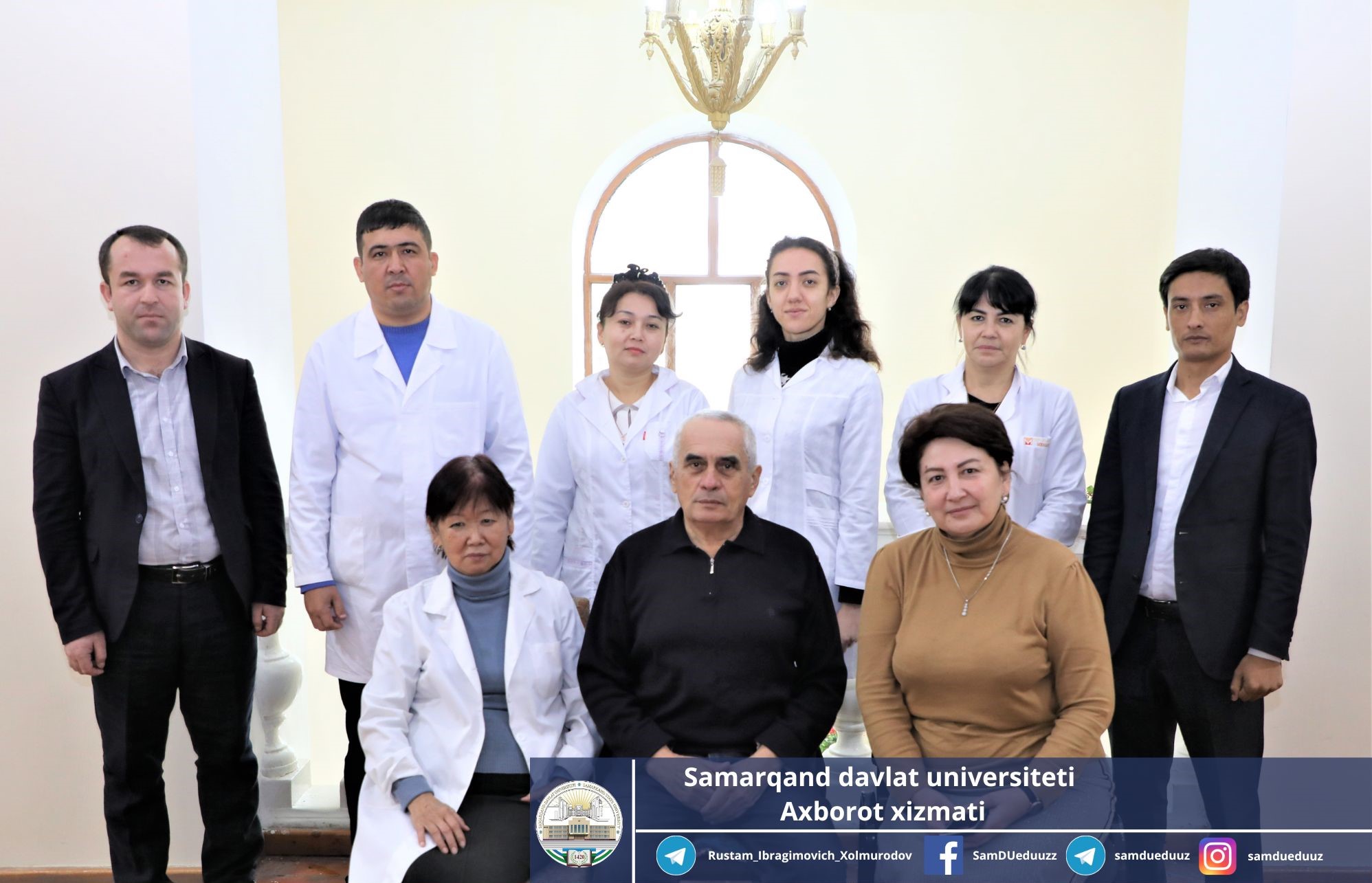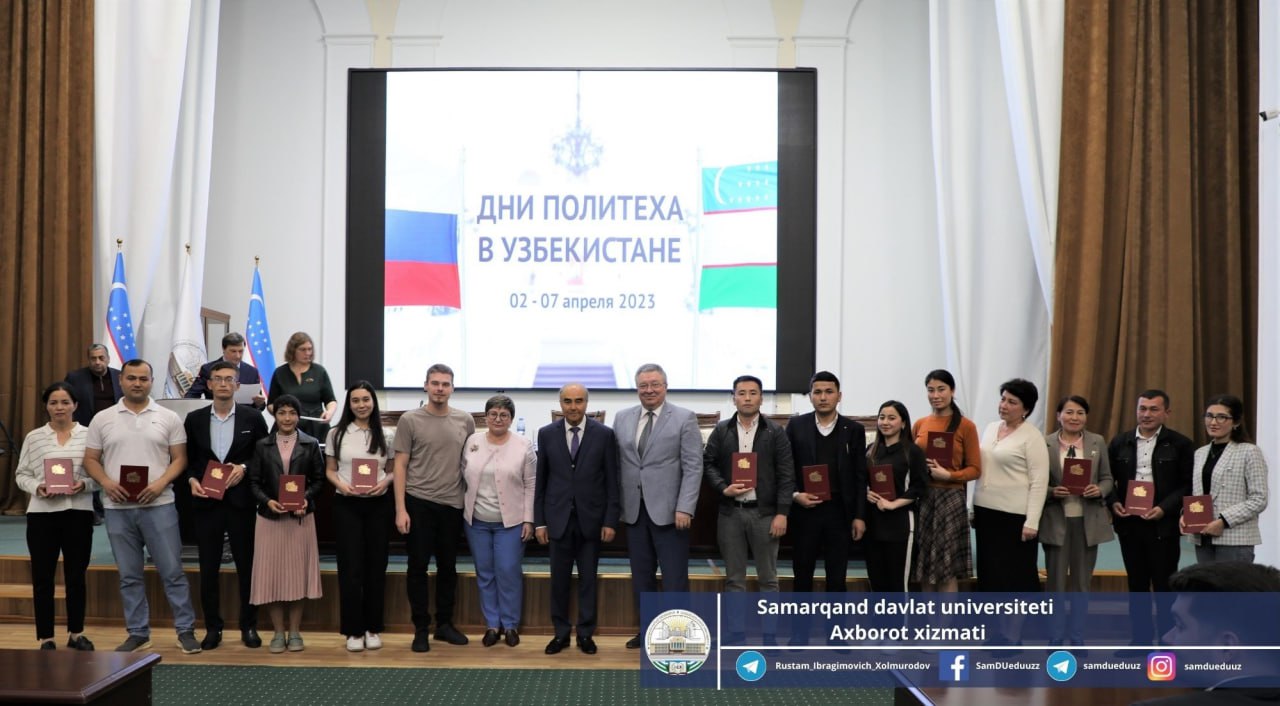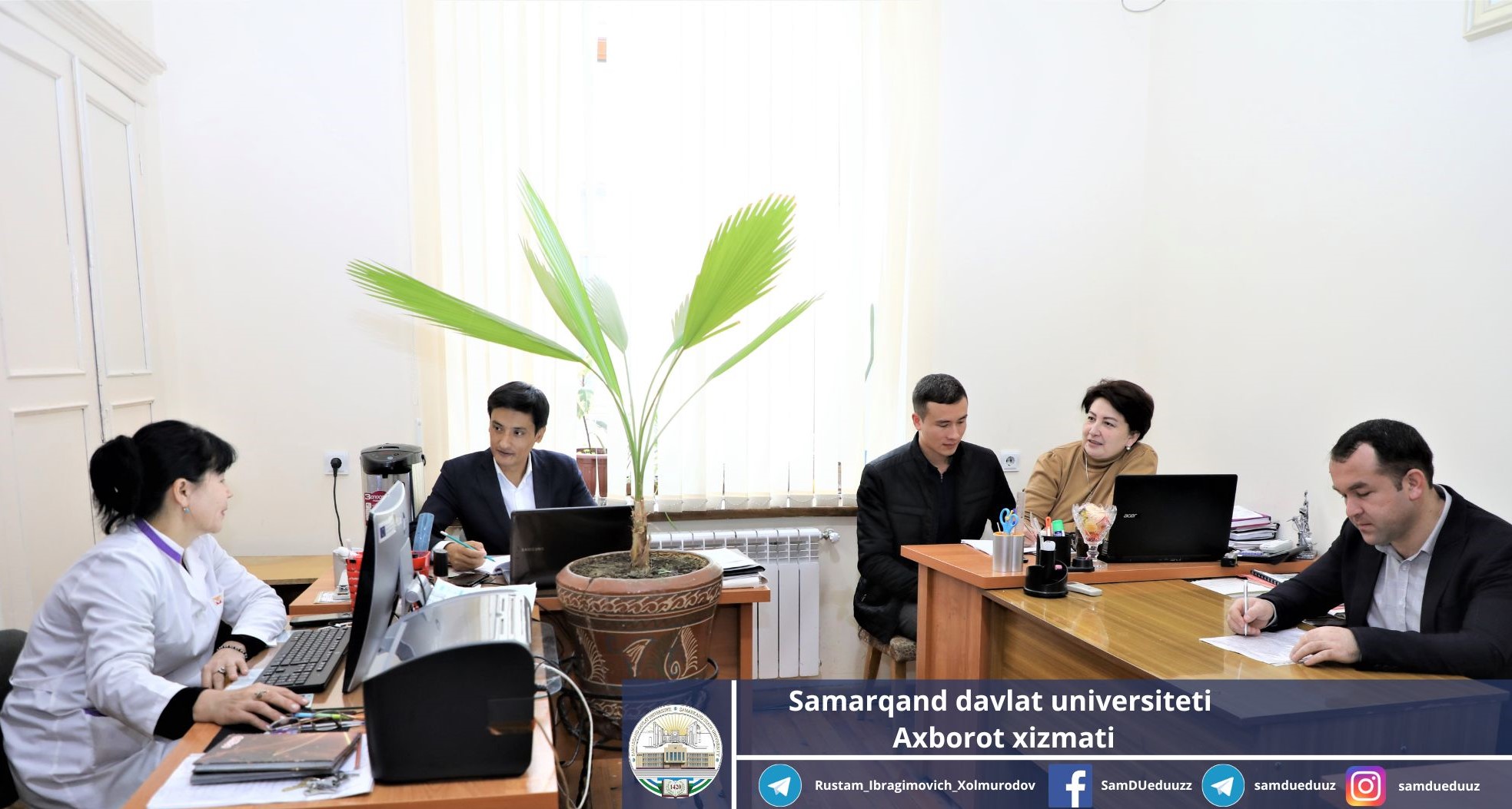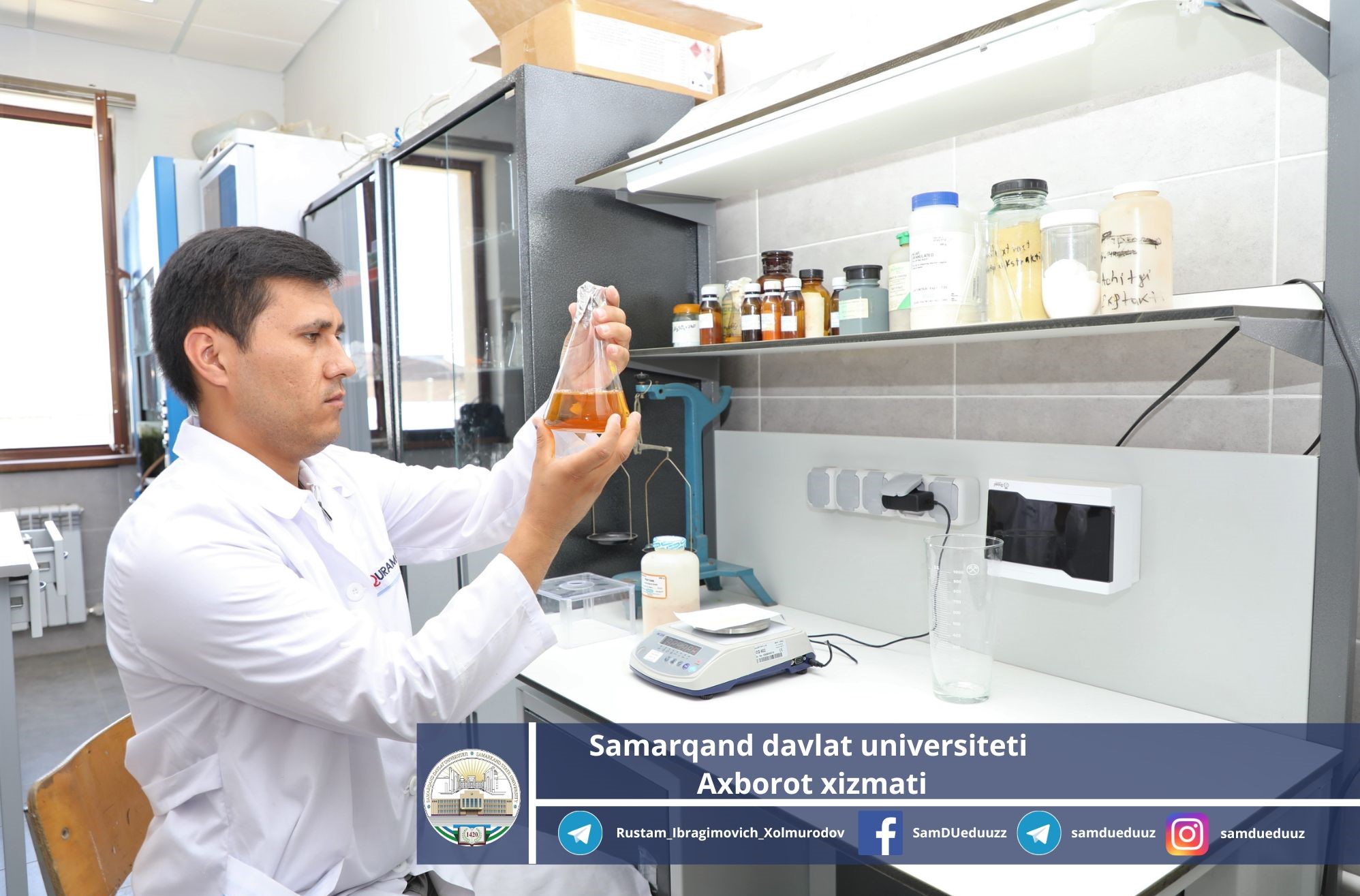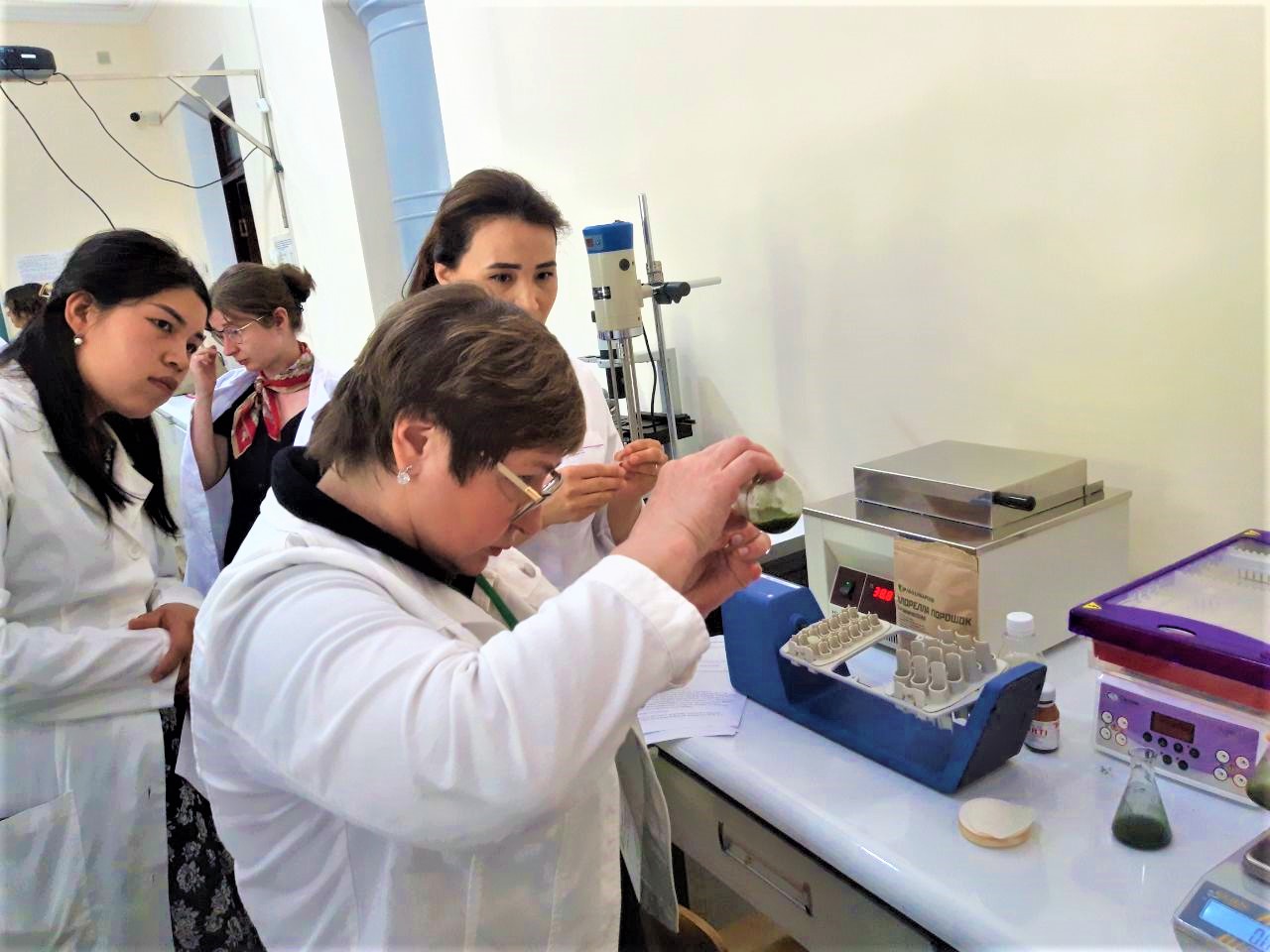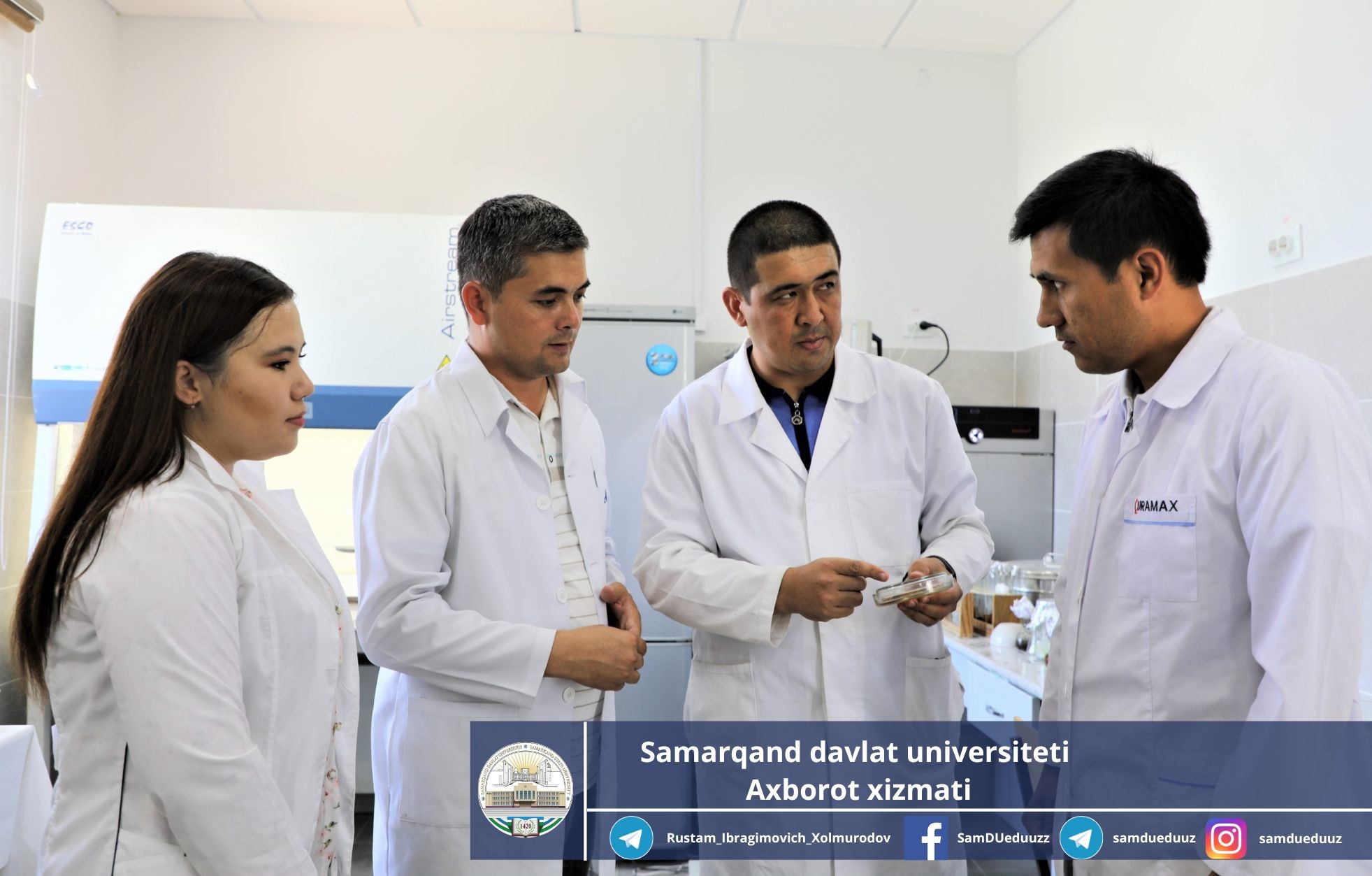Department of Biotechnology
Head of the Department of Biotechnology, Samarkand State University
Normat Saydullaevich Khasanov
Associate Professor. He conducts biotechnological research at the Department of Biotechnology, particularly focusing on in vitro microclonal propagation of rare medicinal plants, the establishment of plantations, and the identification of their chemical composition to supply biologically active substances as raw materials for the pharmaceutical industry.
He defended his PhD dissertation on the topic "Microclonal Propagation of Helichrysum maracandicum Popov ex Kirp. (Samarkand immortelle)" in the specialties 03.00.05 – Botany and 03.00.12 – Biotechnology, and is currently continuing his further scientific research.
Normat Khasanov actively participates in applied research projects such as “Propagation of Helichrysum maracandicum Popov ex Kirp. from Seeds and Establishment of its Plantation” (AL-5621111988), co-authoring methodological recommendations on microclonal propagation and adaptation conditions of this rare medicinal plant.
Throughout his pedagogical and scientific career, he has published about 10 scientific articles (Scopus, WoS) and more than 20 theses.
References:
- https://www.scirp.org/journal/ajps
- https://doi.org/10.4236/ajps.2023.142010
- https://doi.org/10.1051/e3sconf/202453803018
- https://doi.org/10.47352/jmans.2774-3047.286
Members of the Department of Biotechnology
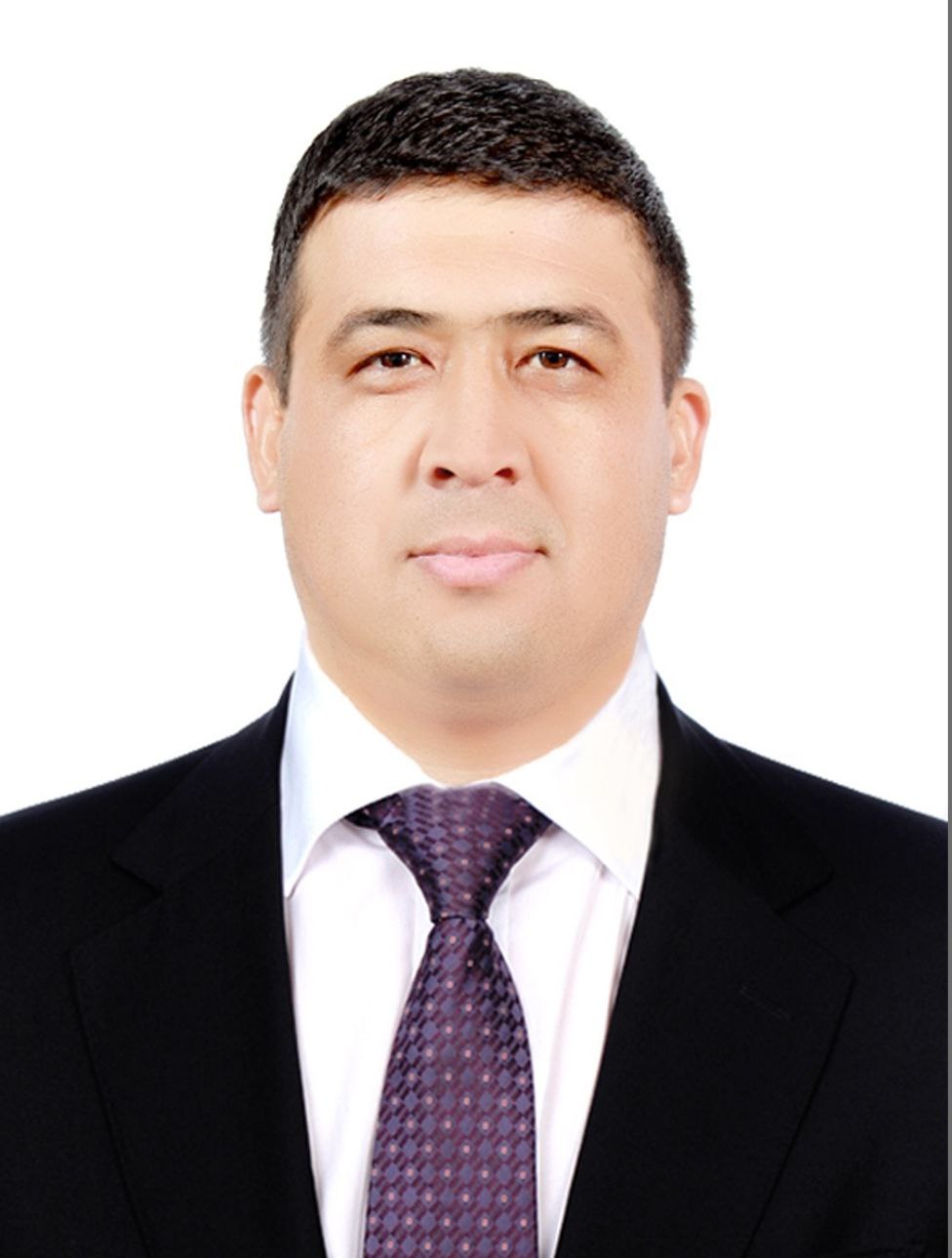 |
Begali Saydullaevich Alikulov PhD in Biology (2018), Associate Professor (2019). In recent years, his scientific research has focused on studying alternative energy sources to ensure sustainable energy supply for populations living in desert and semi-desert regions, as well as on exploring the diversity of endophytic bacteria of halophytic plants and their potential applications in agriculture. He conducts comprehensive studies on the potential of some halophytic plants, widely distributed in the foothill regions of Uzbekistan but underutilized in industry, as sources of alternative energy and endophytic bacteria. Dr. Alikulov is the author of one monograph, more than 40 scientific articles, and about 60 theses. He also holds two patents for inventions. He actively participated in the applied research project “Development of Integrated and Environmentally Efficient Methods for the Rational Use of Uzbekistan’s Desert Pastures (Case of Qarnob Desert)” (2016–2017), and in the innovative project “Development of a Complex Technology for Producing Biofuels from Halophytic Plant Biomass and Livestock Waste” (2017–2018). Based on the project results, a practical guideline titled “Complex Technology for Obtaining Biofuels from Halophytic Plant Biomass and Livestock Organic Waste” was co-authored and published for use in desert households and farms. In his pedagogical activity, Dr. Alikulov has also achieved notable results. He is the author of two textbooks (“Nanobiotechnology” – 2019; “Biotechnology” – 2022), three study manuals, and three methodological guides. Publications indexed in Scopus and WoS:
|
|
Gavhar Abdukarimovna Dushanova Candidate of Biological Sciences, Associate Professor. Since 2006, she has been working at the Faculty of Biology of Samarkand State University. Currently, she conducts lectures and practical classes for undergraduate students at the Department of Biotechnology of the Institute of Biochemistry in the subjects “Safety Issues in Biotechnology and Biotechnological Education,” “Immunobiotechnology,” “Medical Biotechnology,” and “Pharmaceutical Biotechnology.” Her scientific research focuses on the molecular genetics of the immune system, particularly on the role of SNP genetic polymorphisms in the genetic and epigenetic regulation of immune system genes. She has published more than 100 scientific articles and theses, as well as 1 monograph, 6 study guides, and 5 methodological manuals. Publications indexed in Scopus and Web of Science: |
|
|
Kumush Ruzimurod qizi Sultonova Kumush Sultonova is an Associate Professor at the Department of Biotechnology. Since 2024, she has been actively working at the department. In 2023, she successfully defended her research work on “Microclonal propagation of Lagochilus inebrians Bunge under in vitro conditions.” Currently, her scientific research focuses on “Improvement and implementation of technologies for microclonal propagation of medicinal plants and their adaptation to various climatic conditions of the Republic.” Her studies aim to overcome challenges in adapting microclonally propagated plants to soil and climatic conditions, as well as to develop and introduce innovative biotechnological methods. During her scientific career, she has published more than 30 research papers and theses. She is also a co-author of one monograph and three educational manuals. Publications indexed in Scopus and Web of Science:
|
|
|
Shohzod Ulugbek o‘g‘li Akhanbayev Shohzod Akhanbayev obtained his PhD in Biological Sciences in 2024. His dissertation, titled “Microflora of Izen (Kochia prostrata (L.) Schrad) and Its Biotechnological Potential,” scientifically substantiated the antifungal potential of endophytic bacteria against phytopathogenic fungi and their plant growth-promoting properties in agricultural crops. Currently, Dr. Akhanbayev conducts research on endophytic bacteria and their biotechnological applications. He has published 5 scientific articles indexed in the Scopus database and more than 30 scientific theses in this field. Publications indexed in Scopus and Web of Science: |
|
|
|
Akramov Ixtiyor Bakhtiyor ogli Ixtiyor Akramov conducts scientific research on the diversity of endophytic microorganisms found in Ceratoides ewersmanniana, a drought- and salinity-tolerant plant growing in desert and semi-desert regions. His work focuses on the influence of these microorganisms on plant growth and development, as well as their importance for the sustainable development of agricultural crops. His PhD dissertation, titled “Endophytic Microorganisms of Ceratoides ewersmanniana and the Biotechnological Basis for Their Practical Application”, has produced several significant scientific findings. In his research, Akramov has scientifically demonstrated that endophytic bacteria can:
To date, he has published more than 10 scientific articles and over 20 abstracts in national and international journals and databases. Selected publications (Scopus & Web of Science): |
 |
Muhammad Azhar Nadeem, PhD Associate Professor of Plant Biotechnology He earned his PhD in 2019 from the Department of Field Crops, Faculty of Agriculture, Bolu Abant Izzet Baysal University, with the dissertation titled “Identification of Genomic Regions and Associations of Different Agronomic Traits in Common Bean (Phaseolus vulgaris L.) Germplasm (GWAS).” In 2020, he began his academic career as an Assistant Professor at Sivas University of Science and Technology, where he was awarded the title of Associate Professor on January 27, 2023. His research has been supported by ERA-NET SusCrop, COST-Action, TÜBİTAK (1001, 1003, 1007) and university-funded (BAP) projects. His main research interests include plant breeding, plant genomics, next-generation sequencing (NGS), DNA molecular markers, germplasm evaluation, and marker-assisted selection (MAS) in cereal and legume crops. Currently, he supervises three PhD and one master’s student, and has successfully guided several other graduate and doctoral researchers. Research Profiles: |
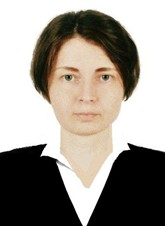 |
Feofanova Natalia Aleksandrovna Candidate of Biological Sciences, Associate Professor. Throughout her scientific career, she has authored 2 textbooks and over 120 scientific papers. Around 20 of her articles have been published in Scopus-indexed journals, with an h-index of 5. In addition, she has published about 10 papers in Web of Science journals, including 2 in Q1 and 4 in Q2 quartile journals. |
|
Roza Shukrullozoda Roza Shukrullozoda — Doctor of Philosophy (PhD) in Biological Sciences. Since 2025, she has been working as an Assistant at the Department of Biotechnology, Institute of Biochemistry, Samarkand State University named after Sharof Rashidov. Her research topic is “Biology, Growth, and Development of Microclonal Propagation of Some Wild Tulips of Samarkand Region.” In this field, she has published a total of 16 scientific works, including 10 articles recommended by the Higher Attestation Commission — 4 in national and 6 in international journals. Her research is of great practical significance for modern botany, particularly in the conservation and restoration of rare plant species. The biotechnological methods of microclonal propagation developed in her dissertation make it possible to obtain healthy seedlings for in situ introduction and reintroduction. These methods contribute to reducing the cost of cultivating rare species, preserving the genetic diversity of natural populations, and expanding the range of plants grown in botanical gardens and nurseries. Their practical application helps reduce dependence on imported seedlings and enhances the ecological stability of natural landscapes. Published articles: |
|
|
Ulug‘bek Ravshanovich Niyozov Assistant at the Department of Biotechnology. Considering that about 65% of the world's pharmaceutical products are derived from plants, the demand for medicinal plants remains consistently high. In traditional medicine, medicinal plants have long been used for the treatment and prevention of various diseases. Kashkadarya region covers an area of over 28,000 km², encompassing the Kohitang–Babatag mountain ranges in the southwest, the foothills of the Hissar mountains in the east, and the Kashkadarya valley in the central part. The region includes desert, semi-desert, steppe, foothill, and mountainous zones, each with its own unique floristic composition, which forms the basis of his research. He is the author of 4 scientific articles and 5 theses. Scopus and Web of Science indexed publication:
|
|
|
Khalilova Sevara Abdumannobovna Assistant at the Department of Biotechnology. Since 2025, she has been working at the department and is conducting research on the topic: “The effect of certain plant extracts on the metabolism and functional activity of immunocompetent cells under in vitro conditions.” In recent decades, there has been a global increase in diseases associated with immune system dysfunction, including chronic inflammatory syndromes, autoimmune pathologies, allergic reactions, and opportunistic infections. Despite the high biological activity of many synthetic immunomodulators used in modern medicine, their long-term use often leads to toxic effects on the body, the development of drug resistance, and increased frequency of adverse reactions. Therefore, the demand for natural-origin preparations with high physiological safety and wide therapeutic potential is increasing. Sevara Khalilova is conducting research on the immunomodulatory effects of the medicinal plant Capparis spinosa L. on the immune system. She is the author of 6 scientific articles and 5 theses. Her article published in journals indexed in Scopus and Web of Science:
|
|
|
Tilloyeva Zarrina Fakhriddinovna Assistant at the Department of Biotechnology. Since 2018, she has been working at the department. In 2019, she completed an internship at the “Institute of Poultry Technologies” under the Russian Academy of Sciences, and from April 16 to May 15, 2025, she completed a research internship at the Kunming Institute of Botany, Chinese Academy of Sciences (CAS), People’s Republic of China. She is conducting research on the topic: “Biotechnology of enriching broiler feed with biomass of single-celled microalgae Scenedesmus sp. and Chlorococcum sp.” Currently, single-celled microalgae biomass is widely used globally as one of the promising sources of raw materials in various industrial sectors, including poultry farming, aquaculture, biofuel production, and biologically active compounds. The ability of microalgae to grow rapidly in inexpensive nutrient media and accumulate various metabolites—particularly proteins and fatty acids—makes them valuable subjects for biotechnological research. Within this research project, possibilities for developing and applying cost-effective and environmentally friendly feed additives for the poultry industry based on microalgae biomass are being explored. She has authored more than 10 theses published in international and national scientific conferences. Her article published in journals indexed in Scopus and Web of Science:
|
|
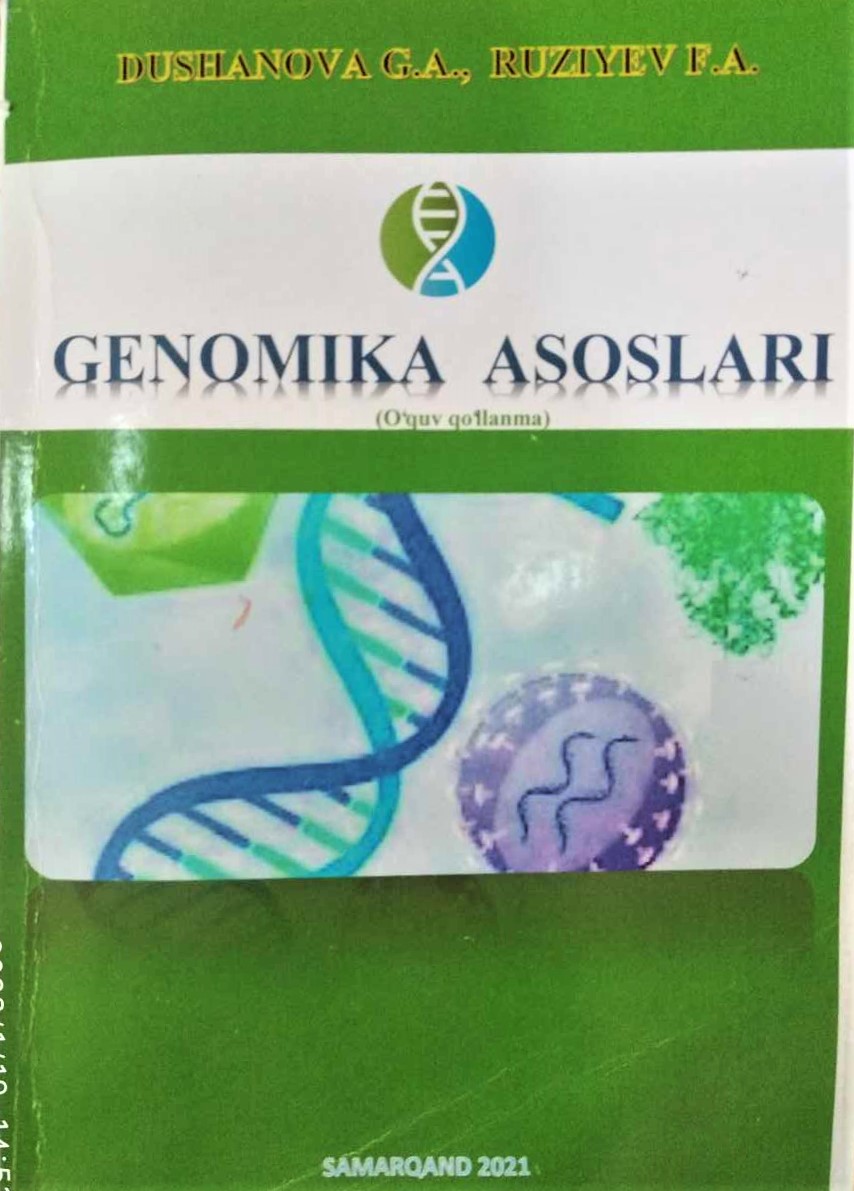 |
About the Department of BiotechnologyThe history of the scientific school of genetics began with the establishment of the Department of “Genetics, Selection, and Darwinism.” The department was founded in 1948, and its first head was S. Z. Jalilov. Under his leadership, the research team conducted numerous studies on the genetics and selection of the silkworm. Since 1965, the activities of this scientific school have been continued by Professor P. K. Soldatov. During this period, prominent geneticists, including V. V. Khokhlov from the newly established Institute of Cytology and Genetics of the Academy of Sciences in Novosibirsk, made significant contributions. Cooperation with the Institute of Cytology and Genetics and its advanced research courses played a major role in the formation of the Genetics research school at Samarkand State University. Research in cytogenetic studies of grape radiation mutagenesis was initiated. At the Department of Genetics, Selection, and Darwinism of Samarkand State University, under the leadership of Professor P. K. Soldatov, scientists such as Z. V. Makhmudova, A. A. Azizov, Yu. V. Voinov, V. B. Epshtein, A. K. Aleksanyan, R. S. Gaybullayeva, and N. I. Davidenko conducted research and defended their dissertations. They studied the mutagenic effects of anthropogenic environmental pollutants, including pesticides. The main direction of scientific research during this period focused on developing the theoretical foundations of mutational and modificational variability. The results of these studies were reflected in the dissertations defended by the researchers. |
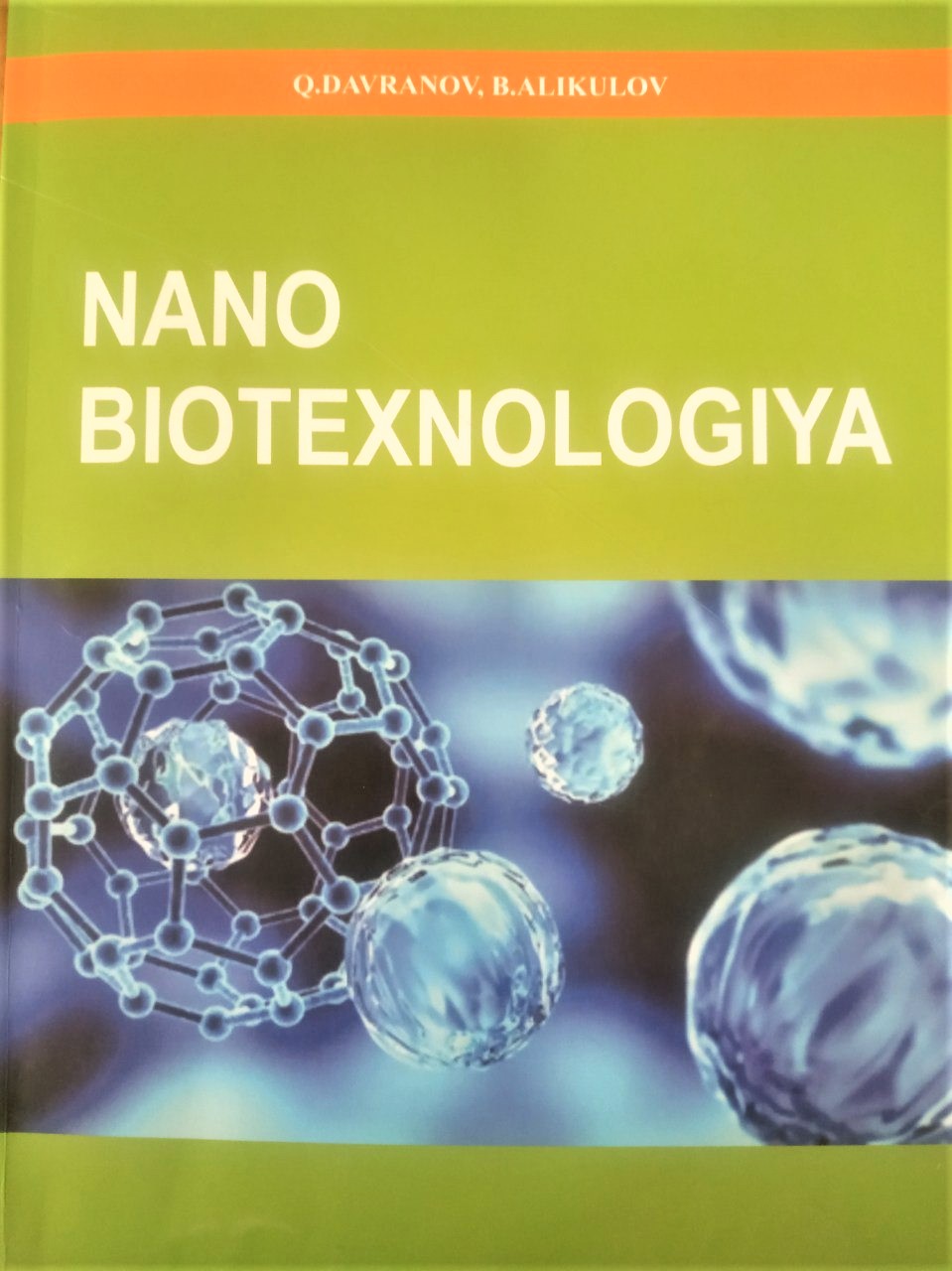 |
Activities of the Department of Biotechnology (1980s–1990s)During the 1980s and 1990s, under the department, scientists such as S. V. Kan, F. Ismailov, I. Davronov, and others actively conducted research in the fields of genetic monitoring and environmental protection. From 1983 to 1986, under the leadership of Professor P. K. Soldatov, the research team collaborated with the Institute of Experimental Metrology on a project entitled “Study of the Mutagenic Effects of Pesticides and Mineral Fertilizers Used in Cotton Growing.” These studies played a significant role in ensuring the genetic safety of the environment during that period. Courses Taught at the DepartmentBachelor’s Degree Program:
|
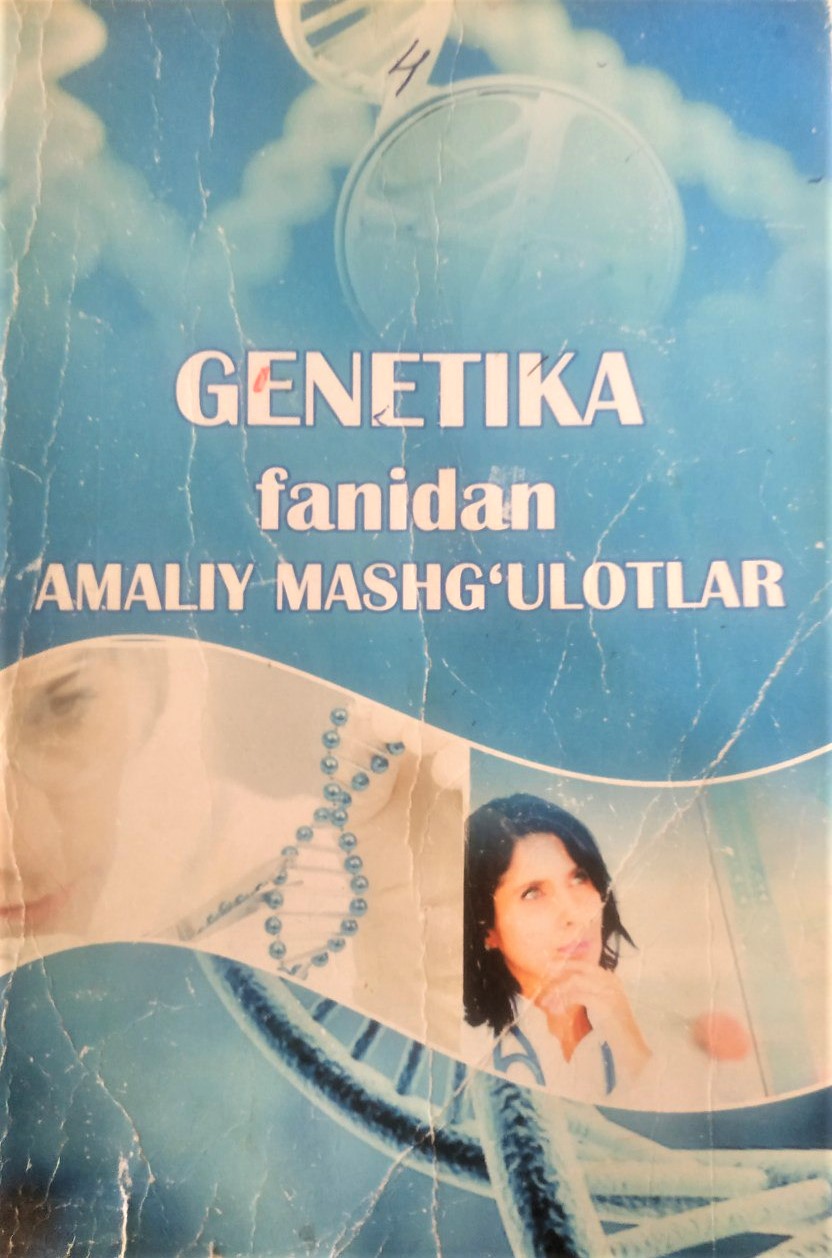 |
• Agrobiotechnology |
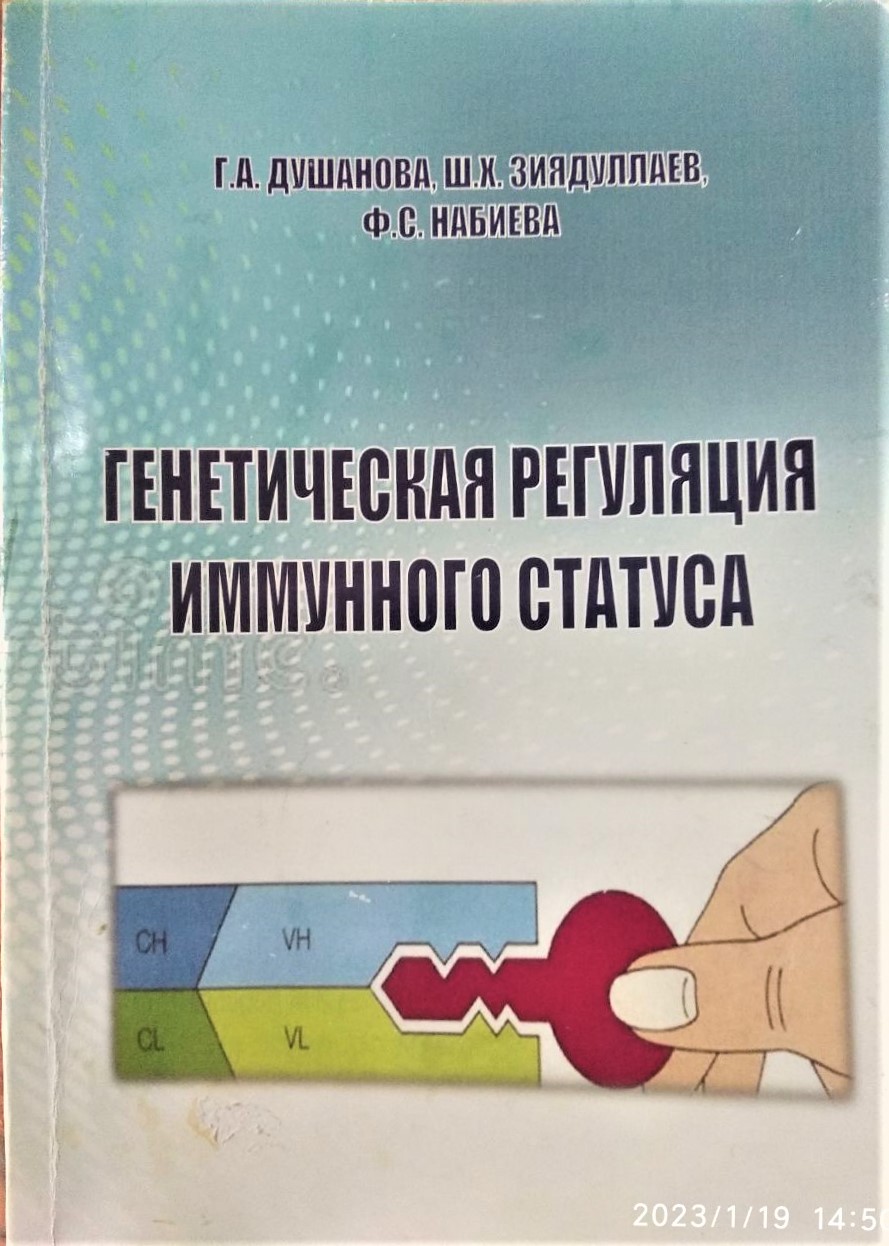 |
Master’s Degree Courses: • Fundamentals of Biospecificity |
Kafedra hayotidan fotolavhalar
